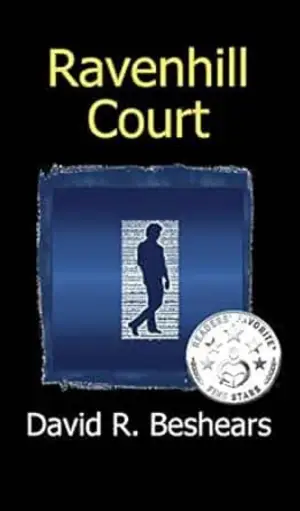A Journey Through Magic and Mediocrity: My Thoughts on The Dragon’s Apprentice
When I first stumbled upon The Dragon’s Apprentice by Riley, I was intrigued. The promise of a young girl’s quest against a corrupt ruling class and the lure of a magical world were difficult to resist—despite my often vocal skepticism of the fantasy genre. As I opened the pages, I hoped to find a narrative that would sweep me away. However, while there are glimmers of brilliance hiding beneath the book’s whimsical surface, I found that they were often overshadowed by inconsistencies and missed opportunities.
From the get-go, the premise seemed promising. A girl named Ciara seeks to save her ailing mother, and her journey leads her to a talking dragon named Scorch. Sounds fantastic, right? Yet, the opening felt jarring; its diary-like format threw me off balance. I wasn’t ready for such an intimate glimpse into Ciara’s thoughts, and initially, the self-reflective style did little to draw me into the broader narrative. Thankfully, the writing matured as I progressed, but I couldn’t shake off the feeling of a missed opportunity. Fantasy should whisk you away, but here, the world felt flat, lacking the rich descriptions that could have made it more immersive.
Ciara, our protagonist, is designed to embody the rebellious spirit of youth, yet I found her more exasperating than inspiring. While rebellion against authority is often a hallmark of good storytelling, her disobedience felt frustratingly irresponsible. Yes, she eventually learns a lesson through her reckless use of magic, but I found myself wishing for a character arc that explored her potential as a more responsible young adult. Alternatively, her friend Meg exhibited qualities of resourcefulness and intelligence that could have made her a more compelling protagonist. I imagined how captivating it could have been to see Meg, daughter of the Captain of the Drakes, wrestle with the conflicting pulls of familial duty versus her desire to help her friend.
On the other hand, Scorch, the sassy dragon, provided moments of lightness and humor. His snarky remarks often livened the pages and reminded me why I adore the quirky sidekick trope. Unfortunately, the other characters felt flat by comparison, and the absence of detail surrounding the mysterious Dragon Mage frustrated me. This omission seemed intentional, likely setting up a larger narrative arc for future installments. The epilogue piqued my interest to some degree, hinting at potential developments in a sequel that I might consider reading, should it become available.
Ultimately, The Dragon’s Apprentice feels like it’s teetering on the brink of greatness. The themes of rebellion and healing resonate with contemporary issues, making the story relevant. However, its execution left me wanting more. I believe there’s a better book hidden beneath the silliness—perhaps one that embraces richer world-building and character depth.
Despite its flaws, I can see this book resonating with younger readers, especially those who appreciate themes of friendship and standing up against oppression. If you’re a fantasy lover who enjoys light-hearted tales and snappy dialogue, you might find something to like in Riley’s work. For now, I’ll tuck this one away in my collection, hoping that the next adventure may surprise me in ways I hadn’t anticipated.






